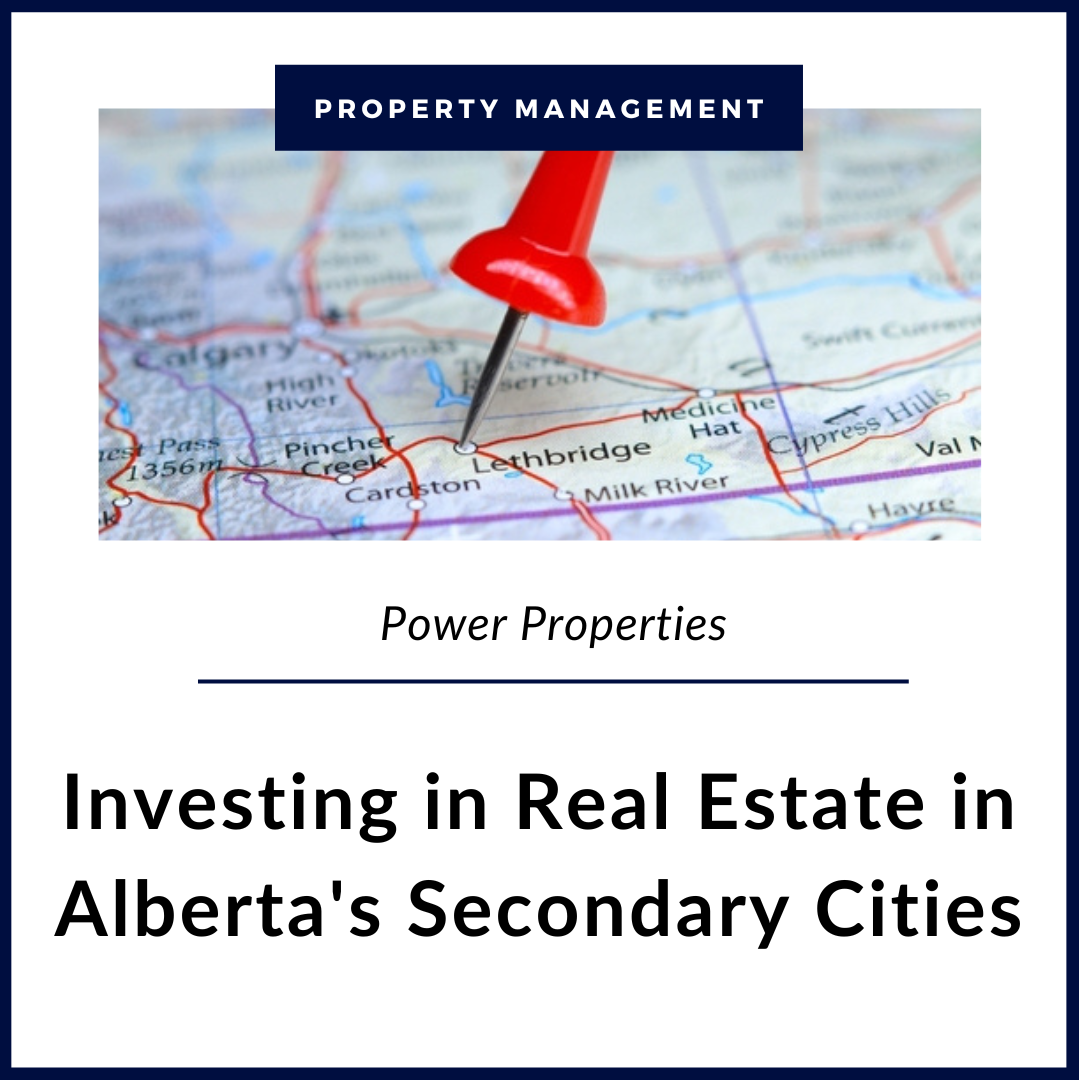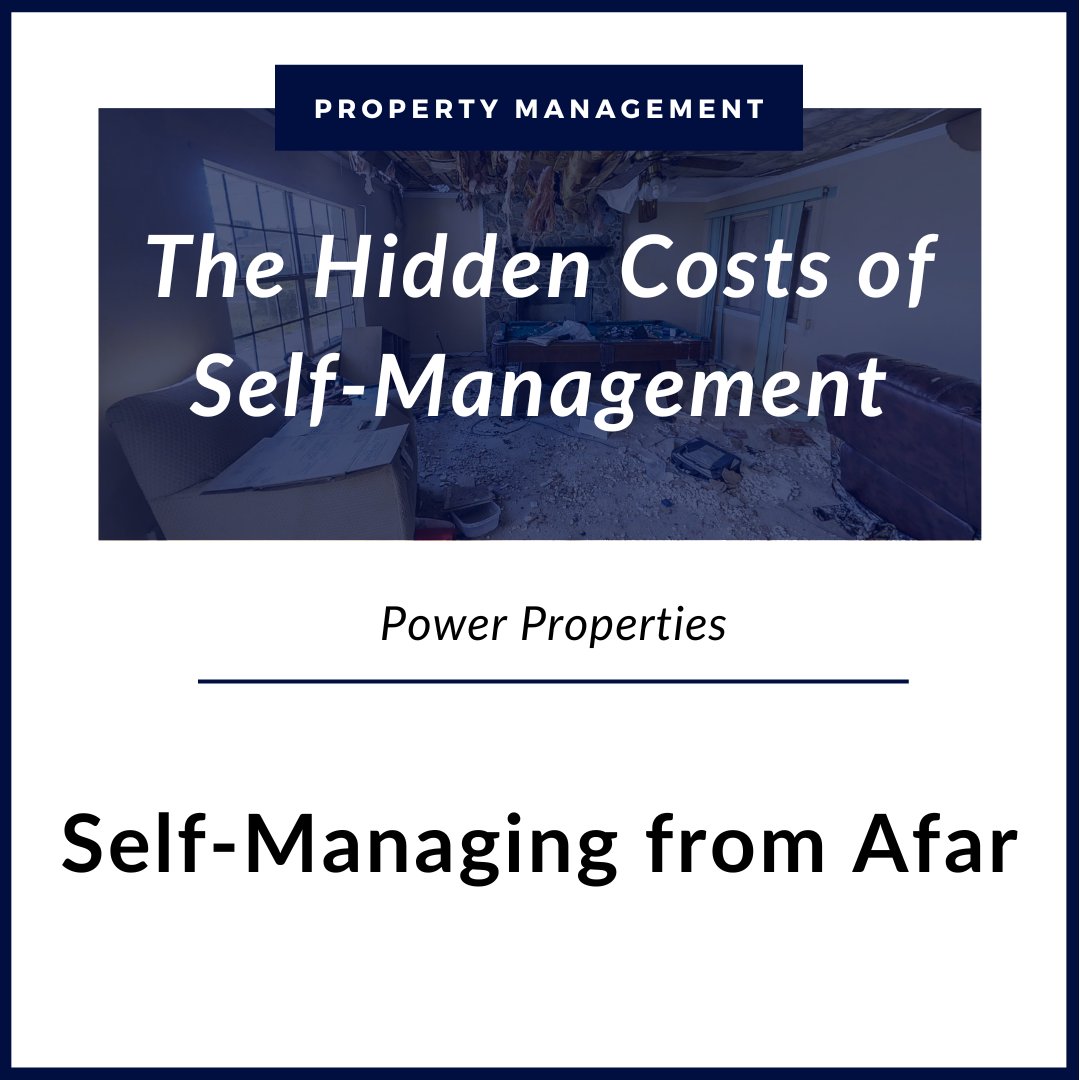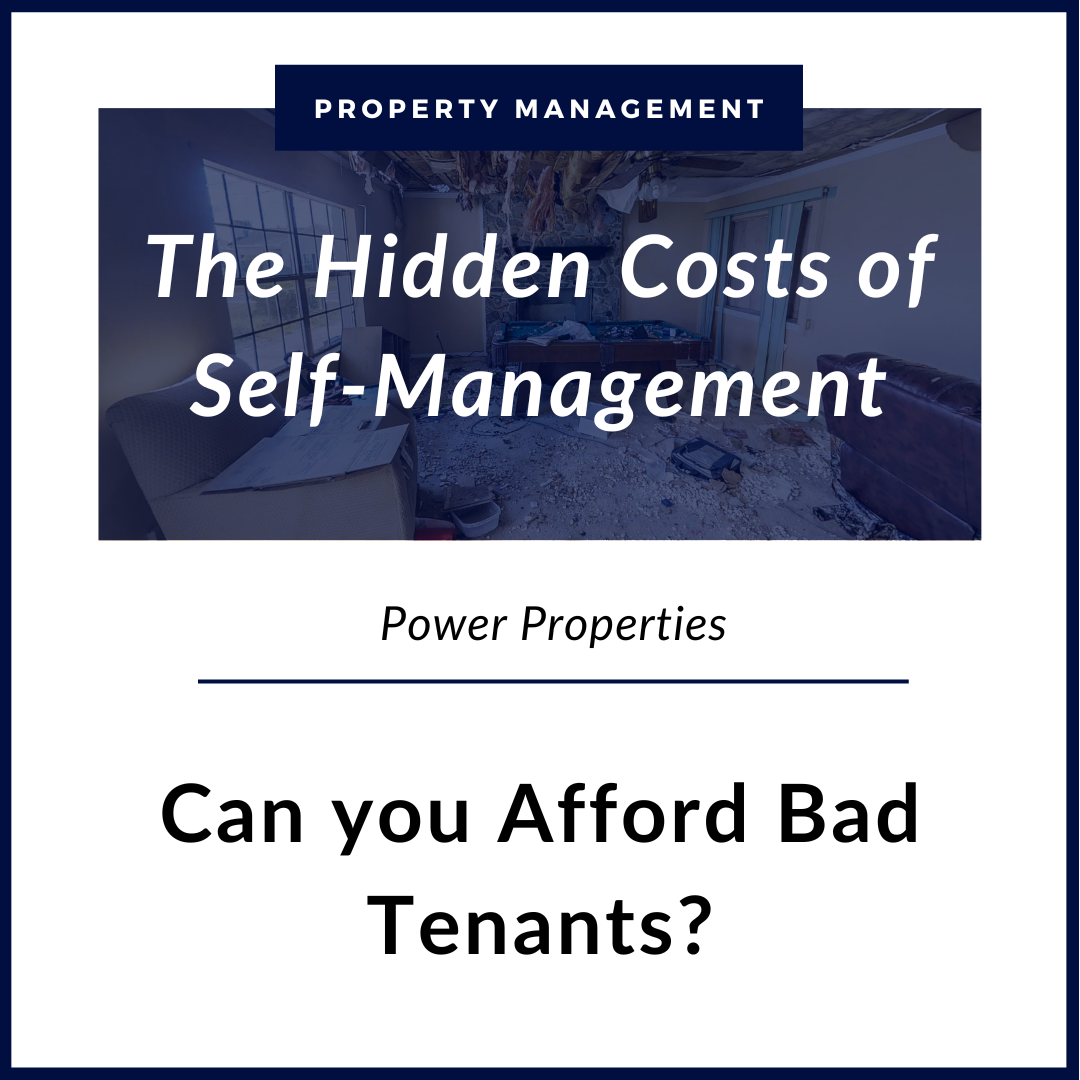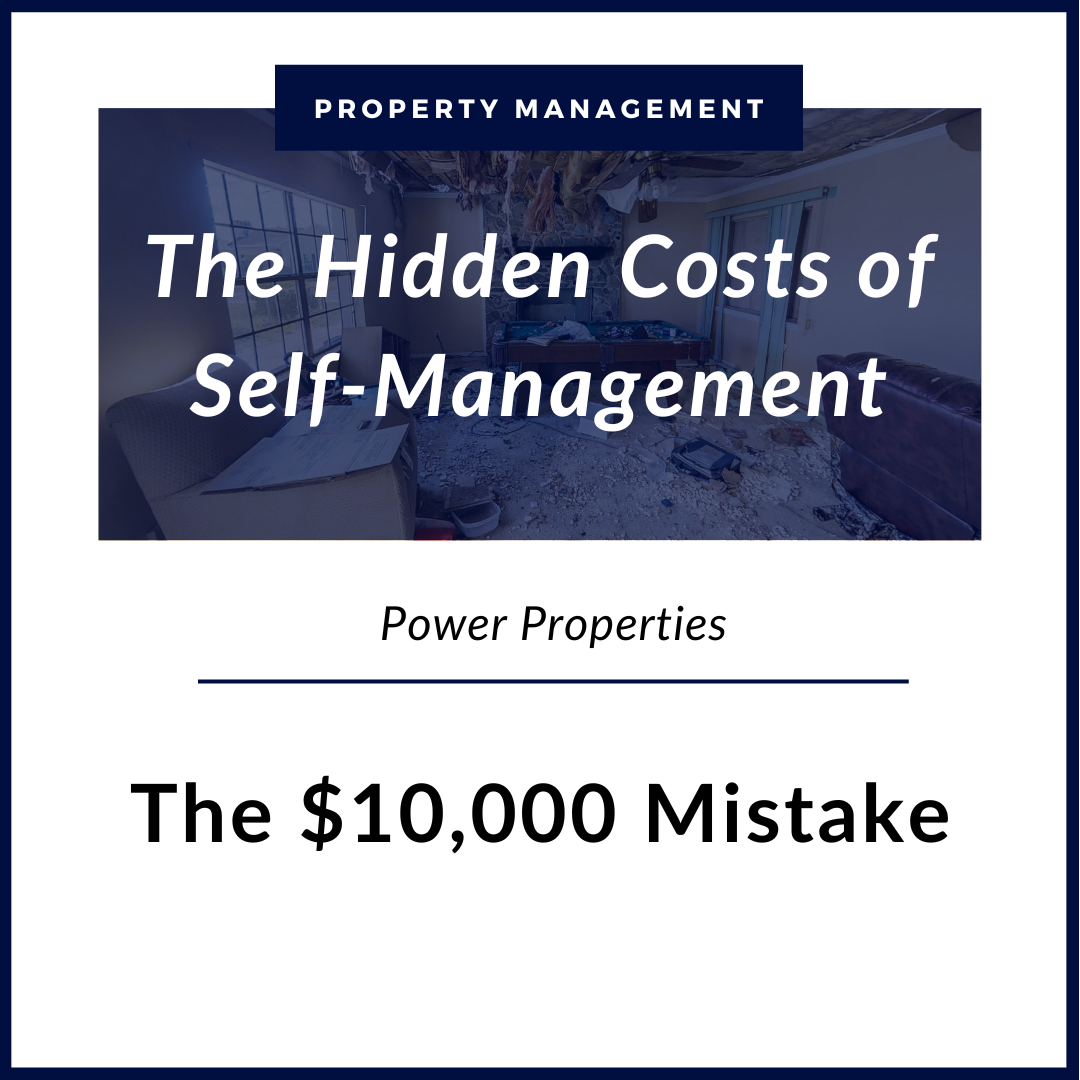The Rental Market Squeeze: What’s Driving Alberta Rents Down?
Calgary and Alberta Real Estate and Rental Market Update
December 1, 2024 - Written by Jamie Palmer, President & Broker of Power Properties
What’s Happening to Alberta’s Rental Market?
Reductions in temporary foreign worker permits and student visas, fixed mortgage rates are not declining, GDP per capita is declining, new construction is increasing supply, and new government policy is creating uncertainty in Alberta’s economy. All of these factors are happening at the same time. What does each of these mean for Alberta rents? Let's explore that below.
The government of Canada recently announced reductions in the number of temporary foreign works permits and student visas that will be issued. This was of course, in response to the fact they opened the floodgates in the first place and flooded Canada with too many people too fast. Faster than our societal infrastructure like healthcare, education, and housing could adapt or cope. The equally drastic reduction in these permits and visas has stifled demand. According to the research by the Real Estate Institute of Canada, temporary foreign workers and foreign students pay as much as a 20% premium for housing as they tend to select housing in urban centers and will pay a premium to be close to transit and amenities. This in turn helps boost rental rates for the rest of the market. By dramatically reducing their numbers it has significantly reduced demand for such premium housing and thus decreased market rates for the entire market.
Economic Pressures: Mortgage Rates, GDP Decline, and Affordability
While the Bank of Canada is largely expected to continue to reduce the prime lending rate, this only impacts variable mortgages, not Canada’s most popular mortgage, the 5-year fixed mortgage. Fixed mortgage rates (where your payment remains the same for the entire term of the mortgage) are impacted by bond rates. Bond rates have remained relatively stable. As a result, housing affordability has remained relatively high. This has dampened the demand in real estate sales, which has limited price increases. When people's homes are increasing in value, they feel wealthier and are more likely to spend money. When prices aren’t increasing people tend to not part with their money as easily, slowing down the overall economy.
Continuing on that theme, GDP per capita has been declining which means Canada’s standard of living is declining, people have less money to spend and everything costs more. This makes it very difficult for people to spend more on rent. They simply can’t afford to. This of course is decreasing demand for expensive rental properties ($2500+/Month).
The Strain on Alberta’s Rental Market
While demand is decreasing, supply is increasing. Scores of purpose-built rentals are hitting the market at the same time. Whether it is “missing-middle” row houses or high-rise apartments, an abundance of supply is hitting the market. The federal government through CMHC, incentivized the construction of rental properties with low interest rates and 50-year amortizations, and the market responded by building new rental properties… a lot of new rental properties! There are over 8000 listings on www.rentfaster.ca In 20-plus years at Power Properties, I have never seen so many listings. The increased supply is putting downward pressure on rents. If you are not one of the lowest-priced properties in your market segment and neighbourhood, you can forget about having any showings, let alone getting it rented. As a tenant, why would anyone pick your property if there are 5-6 very similar properties for less?
Layer on top of all of that the recently announced federal emission caps for the oil and gas industry, which create additional costs and uncertainty for the sector. This uncertainty decreases investment and capital expenditures by oil and gas companies, which throttles the Alberta economy (as much as we like to say we are diversifying, we still rely heavily on oil and gas).
A Reality Check for Alberta Landlords
When you put all of the above together, you have a recipe for rapidly decreasing rents. We are seeing 5% reductions year over year in rents, with some markets seeing even larger decreases due to over-supply, particularly “missing-middle” row houses, basement suites, and one-bedroom apartments. Higher-priced detached homes are also decreasing due to affordability issues.
We often hear “but I need to get $XXXX/month for rent”, the reality is the rental market is independent of your needs, and you are better off getting your property rented than holding out for an unachievable rent and incurring vacancy. A $200/month reduction will cost $2400/year compared to the lost income from a month or two of vacancy… And remember, your expenses are tax deductible, which will help soften the impact.
Written by Jamie Palmer, President/Broker of Power Properties
Jamie Palmer is the President and Broker of Power Properties. He holds a Certified Property Manager (CPM®) designation, the highest designation in Property Management in North America. He earned an Honors degree from the University of Toronto, and he has over two decades of experience in property management.About Power Properties
Founded in 1980, Power Properties has been providing hassle-free property management services to property owners, property investors and non-residents with homes in Calgary, Lethbridge and Medicine Hat for over four decades. Our full-service property management includes everything from move in to move out, so you don’t have to worry about the day-to-day operations of your rental property. With a team of licensed professionals, years of experience, and award-winning service, you can rest assured that your property is in good hands.


































